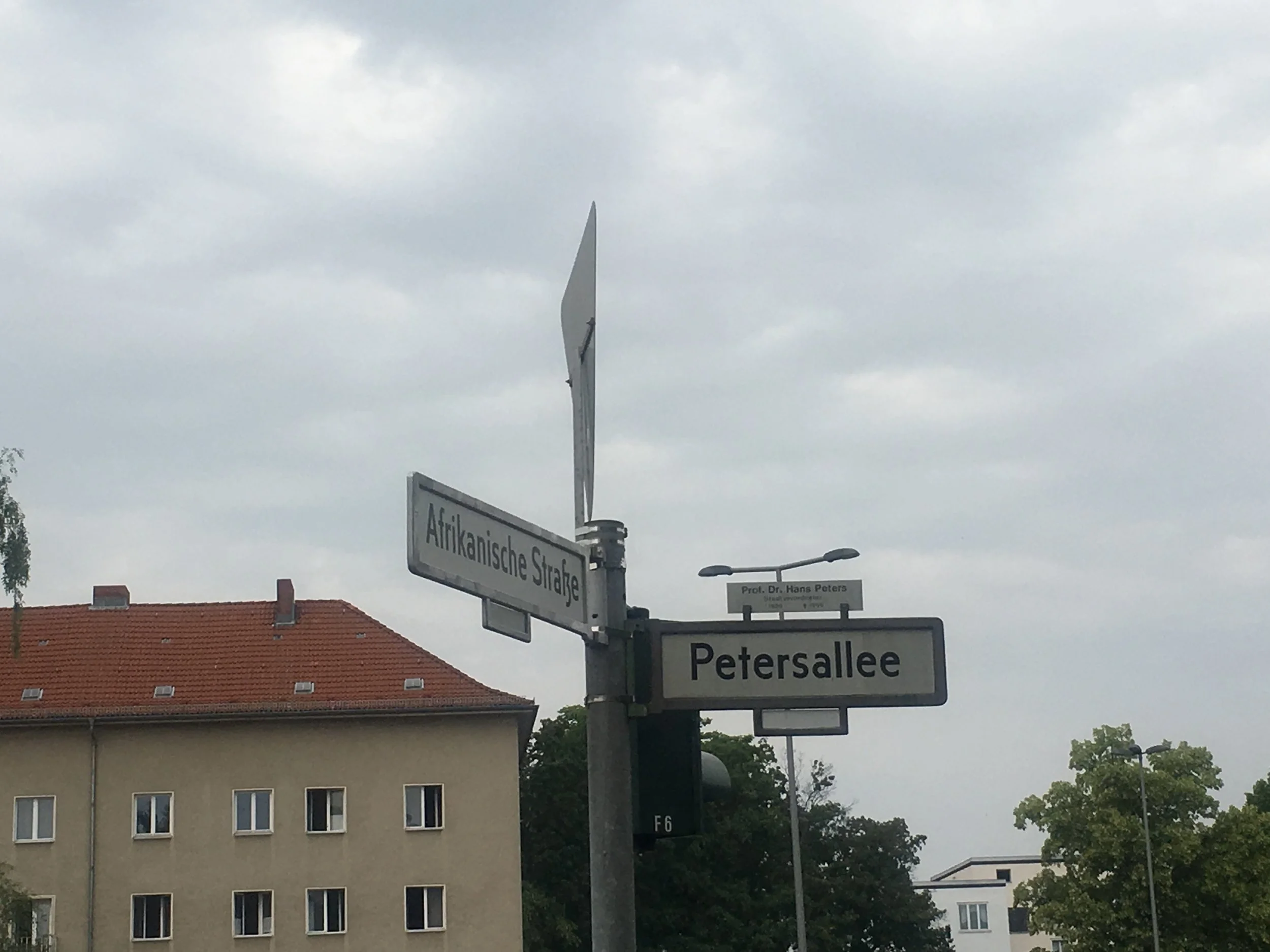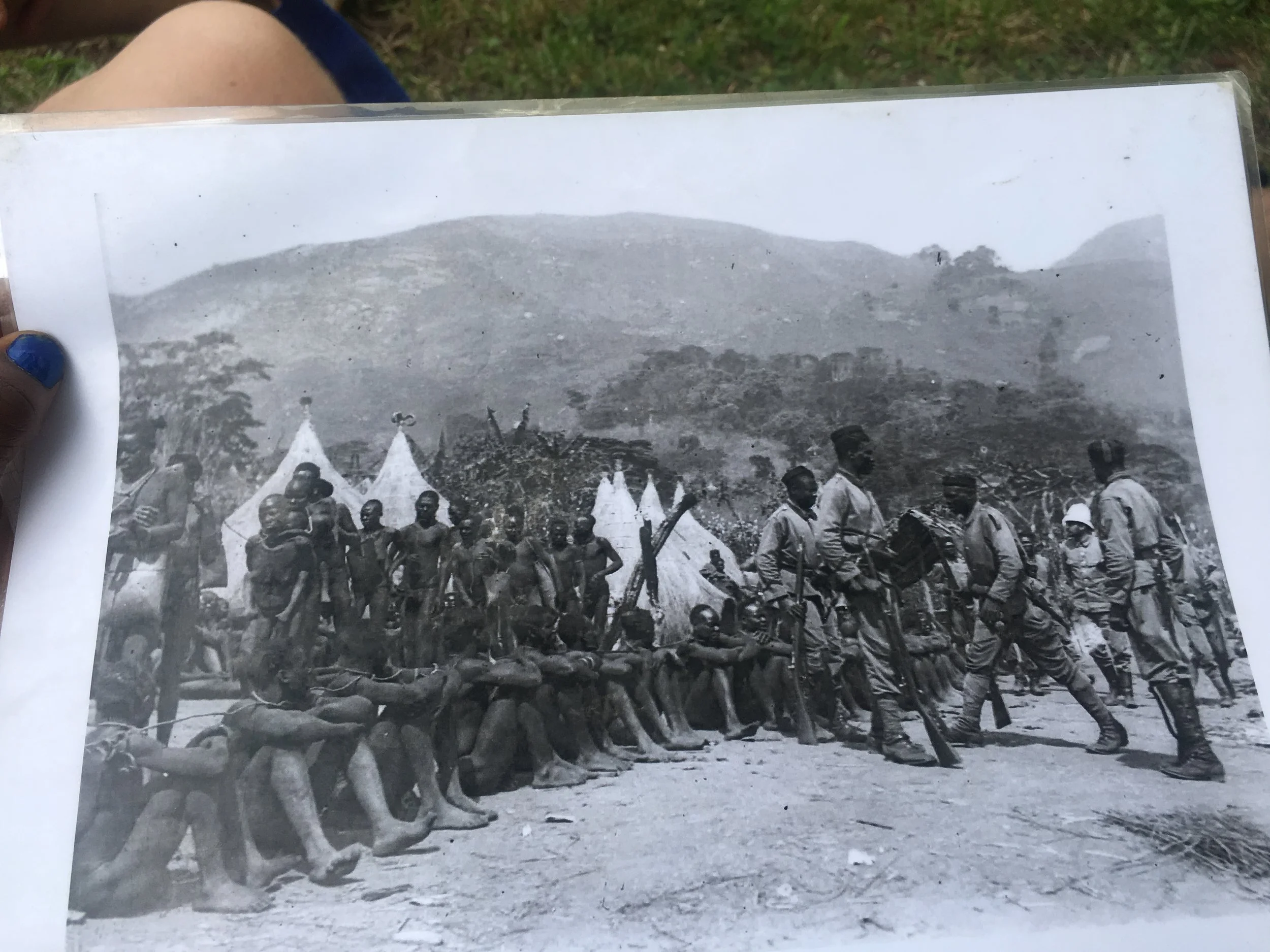Yesterday, I did my best to listen to my African diaspora brethren and elders during the Afrolution 2019 festival in Berlin which was hosted by Each One Teach One (EOTO). This is a Berlin African diaspora literature festival which invites layers of the diaspora to think, write, and convene. This year theme was “Pan Africanism Revisited” which tried to imagine Pan-Africanism beyond the political sphere but as a cultural and social form of practice. Poets, science fiction writers, theorists, toddlers, the elderly, and everyday Black folks gathered to share and learn from each other. Not just on the level of discourse but on level of seeing each other through an emphatic lens. Upon entering various programs of this festival I pushed myself to wonder: What do we members of the African diaspora owe each other? How can we learn each other’s histories? What languages have been gained and lost? What does utopia mean to us?
I could not answer these questions fully and perhaps they never will be answered. However, what I found was a space and a growing community of people who are unlearning and learning the histories that have been withheld from us, the histories that are brutal and shocking and the traumas that are allowed to reign unchecked in European Cities.
I went on a Postcolonial walking tour in the “African quarter” of Berlin which is located in the neighborhood of Wedding hosted by Berlin Postkolonial, a group that is committed to understanding Germany’s colonial past in Africa. About 60 of us went an intellectual and honest journey concerning German colonialism on the African continent. We gathered at the intersection of Afrikanstrasse and Petersallee. Petersallee is a street that was especially controversial since it was named after the German colonialist Carls Peter, who contributed to the slaughter of Africans in the early 20th century. Yet, this tour was not just about the colonial question in Africa but how street names revered German colonialists rather than the African leaders who resisted tyranny.
Colonization did not just happen outside of Europe but it happened and continues to happen in the metropole. The first German concentration camps were enacted on the Herero and Namaqua people beginning in 1905. The German imperial army committed genocide on this Namibian people. The Nazis later used colonial tactics that they exercised on Africans before doing the same on marginalized Europeans (Jews, Romas, Black German, disabled, etc) during the fascist regime. The Postcolonial tour laid out the ways that Colonialism fuels fascism, an argument that Aimé Césaire and Hannah Arendt argued over 60 years ago. The tour allowed strangers to come together and hopefully this knowledge can carry us through Decolonizing our history, or minds, our streets, our communities, and so much more.
The Coffee Talk with Fred Moten, Nnedi Okorafor, and Felwine Sarr entitled “Pan-Africanism Reimagined” provided the ideal entry point to that decolonial process. Moten, Sarr and Okorafor engaged in an intimate conversation that transcended binaries and offering us to abandon the notion of the nation-state on our road to Afrotopia. While we sat in a room stuffed with 200 people, we engaged in an active Pan-Africanism that generates a multisonic and kaleidoscopic orchestra. Moten led us on a philosophical expedition to interrogate our connection to terms such as “freedom” and “slavery” while also indicating that being a revolutionary means committing oneself to rethinking everything.
Fred Moten, Nnedi Okorafo, and Felwine Sarr at EOTO, 15 June 2019. Photo by E. Bonhomme.
Moten later remarked: “When I am in a room with this many Black people I assume we are talking about revolution.” Taking it one step further, he pondered: “How do we look at things closely and minutely while still surviving?” During our time together at the EOTO space, we discussed radical homelessness, dispossession, New World Blacks, European Blacks, and more. There was very little resolution, rather, it was a beginning and hopefully many sets of conversations where we can see each other in the cosmological brilliance that we possess. What this event showed is that Pan-Africanism is about exchange and hybridity, it is about learning from our layers of pain so we can imagine an Afrotopia with new languages, new methods, and new social relations. We have a world to win when we provide justice to the oppressed.If we want a future that is equitable for everyone racial capitalism needs to go.


